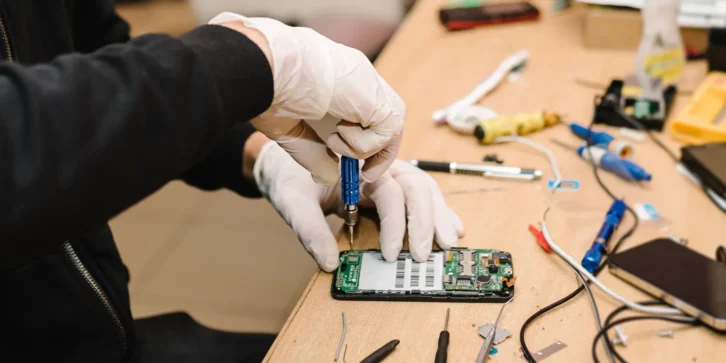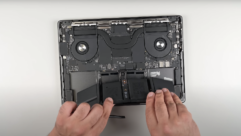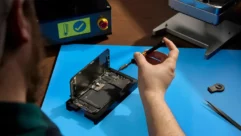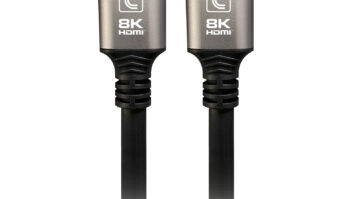
After the Oregon House of Representative’s passing of its right-to-repair bill earlier this week, Oregon is poised to join New York, Minnesota, and California to become the fourth state in the nation to protect its resident’s rights to repair their own electronics and appliances. The passing of the bill pends on the signature of Governor Tina Kotek.
Oregon’s right-to-repair bill is being lauded as one of the most comprehensive yet, as it would outlaw the controversial parts-pairing software notably used by Apple to restrict the use of third party parts in repair. In addition to eliminating parts pairing, the bill follows the trend of other repair laws by requiring manufacturers to make parts and tools easily available for consumers through their own store or through authorized providers. If passed, the law would cover non-phone electronics purchased as far back as 2015, with phones purchased July 2021 or later being eligible.
The following was originally published on January 16, 2024:
Following California’s landmark passing of its statewide right-to-repair bill, Oregon is looking to be the fourth state in the nation to push through its own law regarding consumers’ rights to repair their own electronics. Along with issuing a white paper on the matter, Google has released an open letter, written by Devices and Services Director of Operations Steven Nickel, supporting the state’s right-to-repair legislation. This comes just three years after Google lobbied against Colorado’s HB21-1199 right-to-repair bill.
In addition to calling Oregon’s bill “a compelling model for other states to follow,” Google’s letter seems to take aim at Apple’s murky support for right-to-repair that includes its controversial parts-matching software.
“Repair must be easy enough for anyone to do, whether they are technicians or do-it-yourselfers,” reads Google’s letter. “This requires that as manufacturers we design products in a manner that enables simple, safe, and correct repairs wherever and by whomever they are done. This is what we call design for serviceability.”
The following was originally published November 15, 2023:
With California’s passing of SB 244 earlier this year, three states have established their own right-to-repair laws. While these statewide laws have been lauded as successes for consumers, nationwide right-to-repair legislation has not been able to push its way through Congress. Unhappy with the progress towards universal coverage, proponents of self-repair reform have asked the federal government to consider sweeping changes.
Tech repair specialists iFixit partnered with the US Public Interest Research Group (PIRG) to submit a petition to the FTC earlier this week in an effort to establish a standard set of rules that electronics manufacturers would need to follow. The petition asks for more aggressive reform, including outlawing tactics that advocates claim are crafted to block self-repair, such as Apple’s infamous parts pairing software.
“The FTC can only take action on something if they’ve got relevant rules in place,” writes Elizabeth Chamberlain, Sustainability Director at iFixit in a blog post titled ‘We’re Calling on the FTC to Restore Our Right to Repair.’ “And a lot of the things that manufacturers are doing to block repair are new enough that the FTC never ruled against those things before—like using proprietary screws and parts pairing software blocks to make repair more difficult.”










